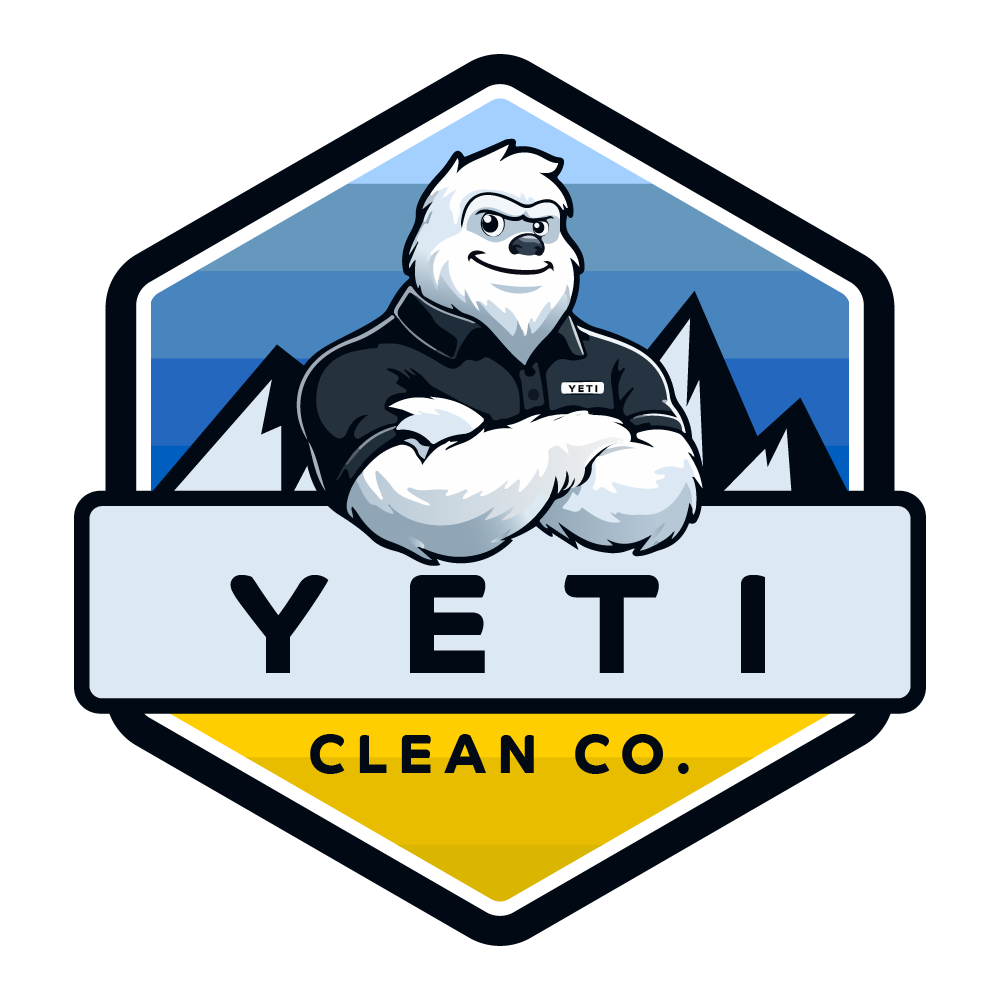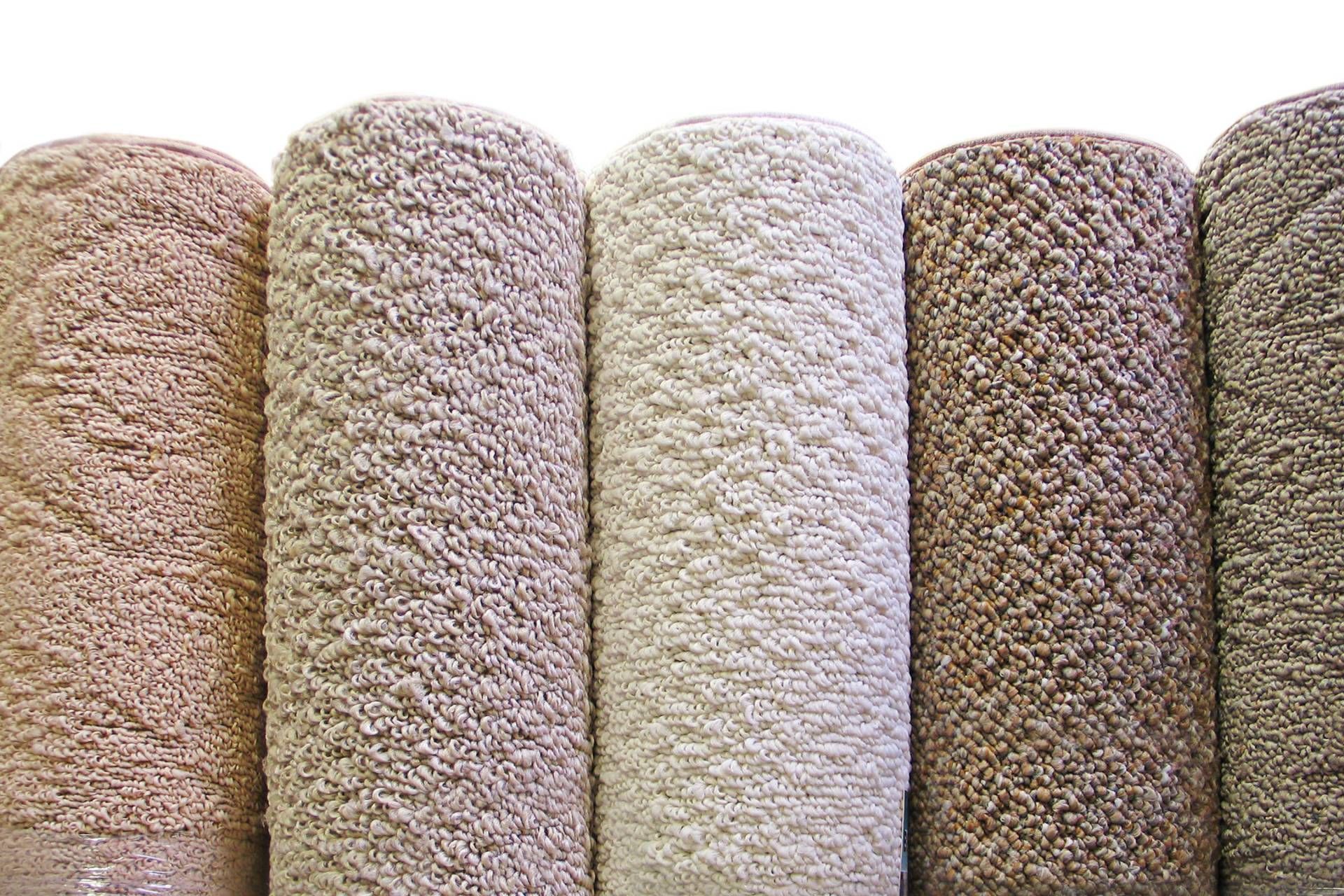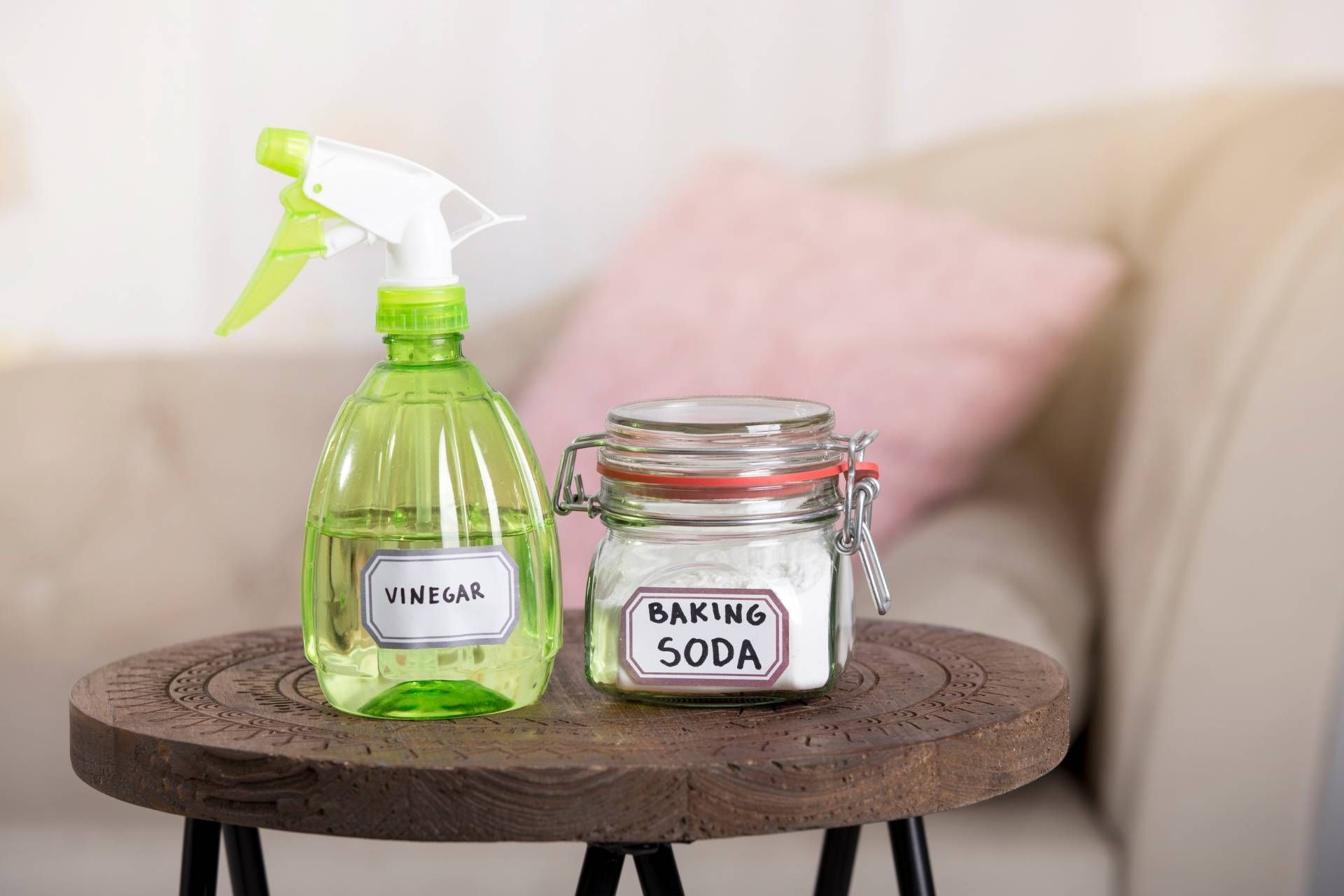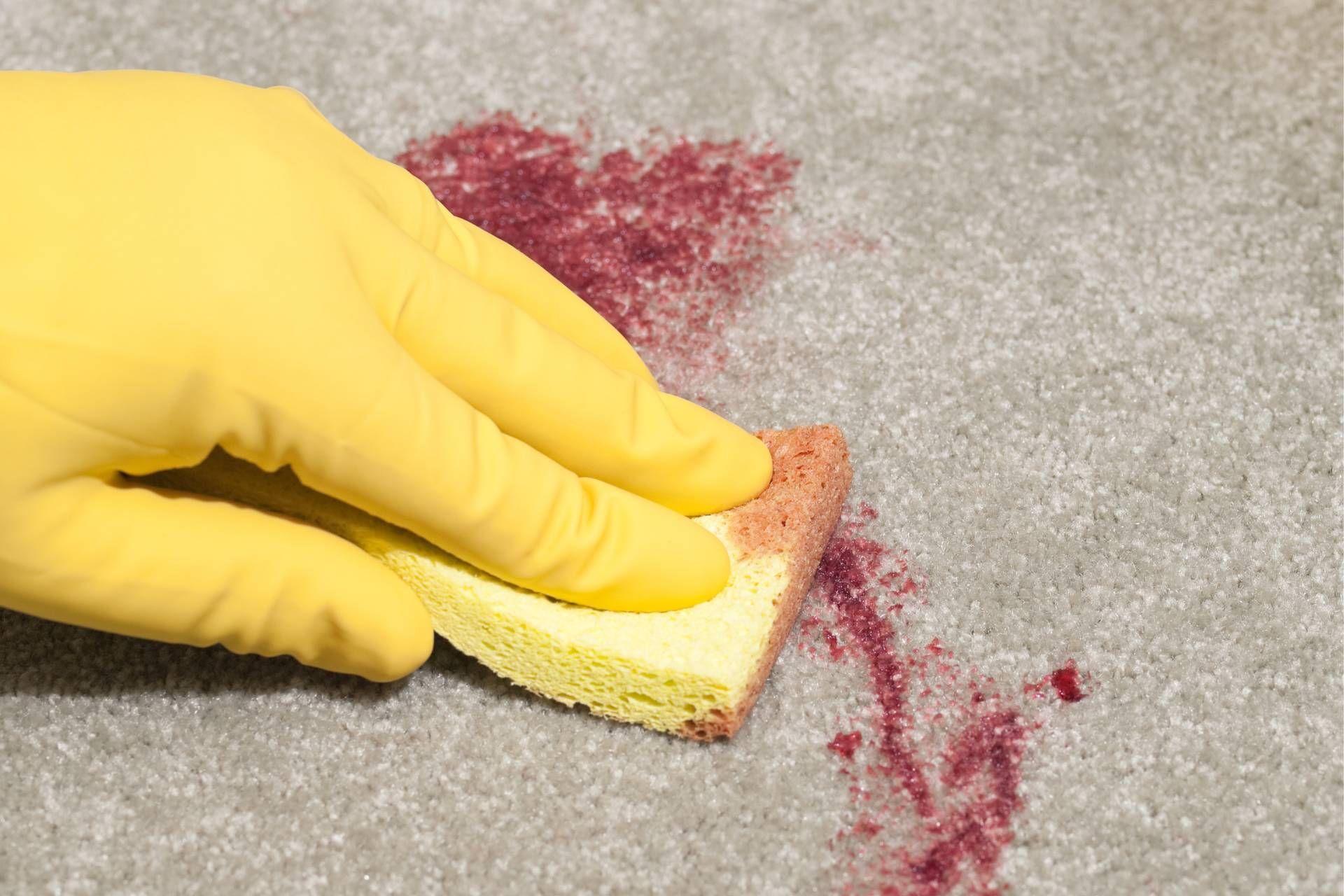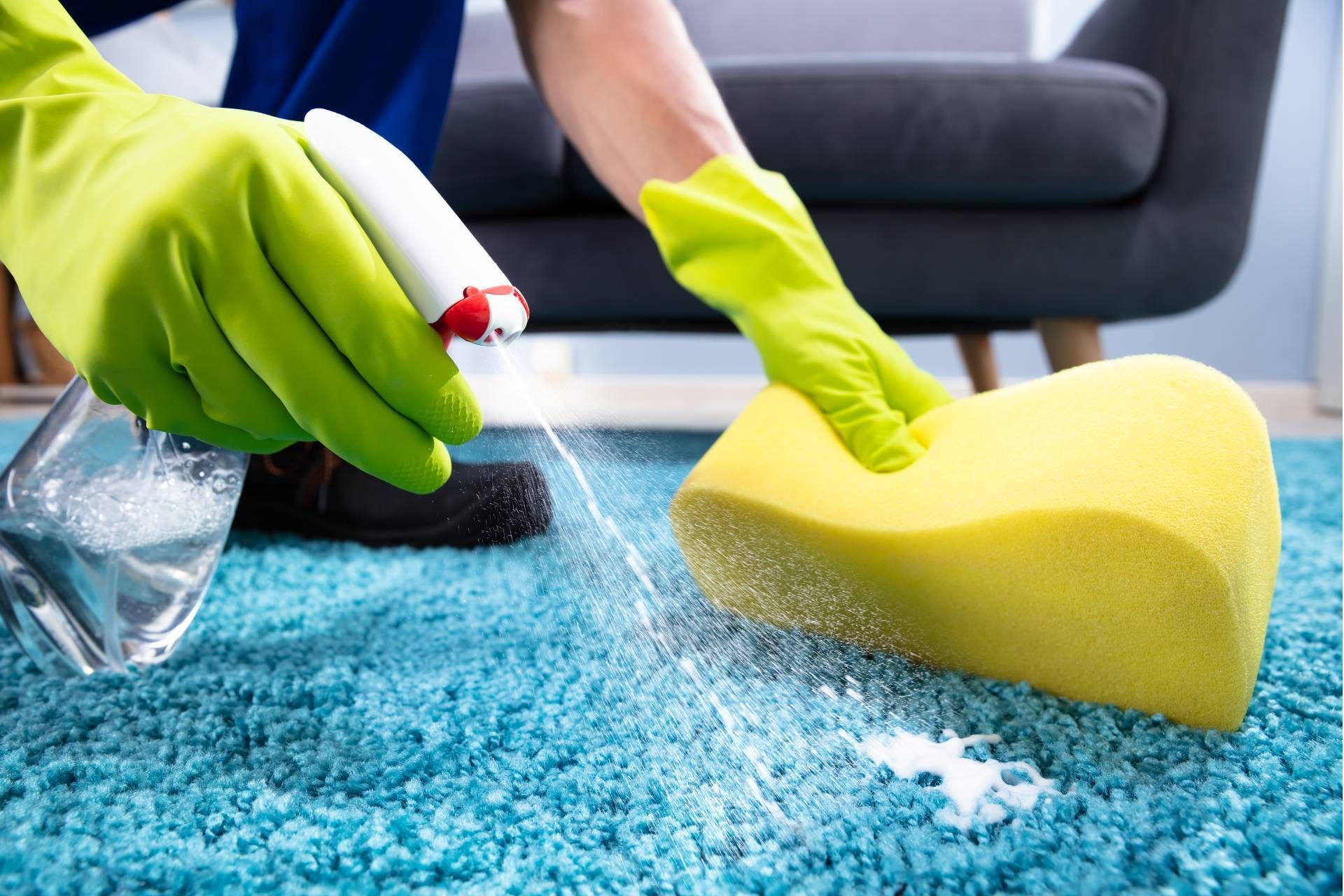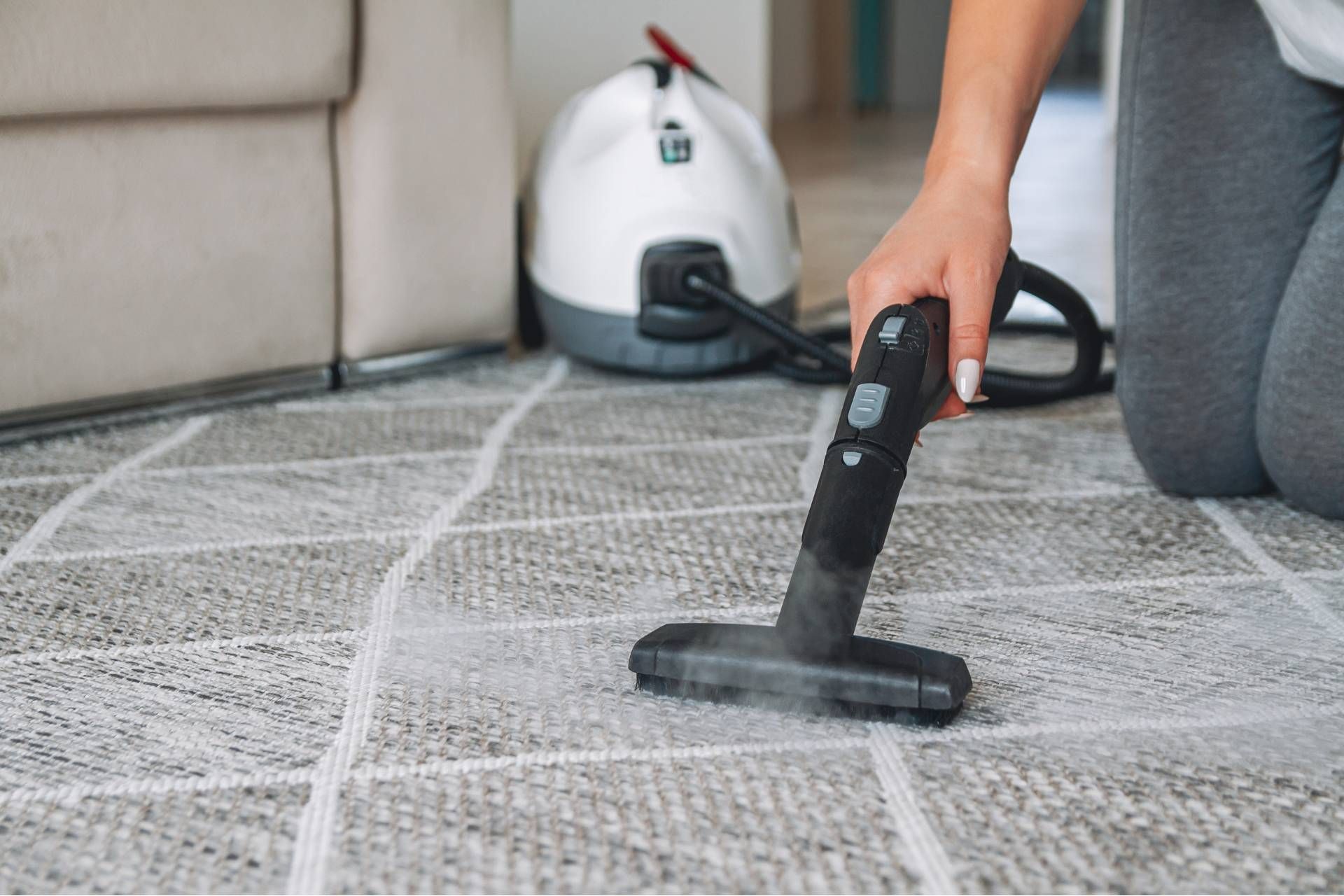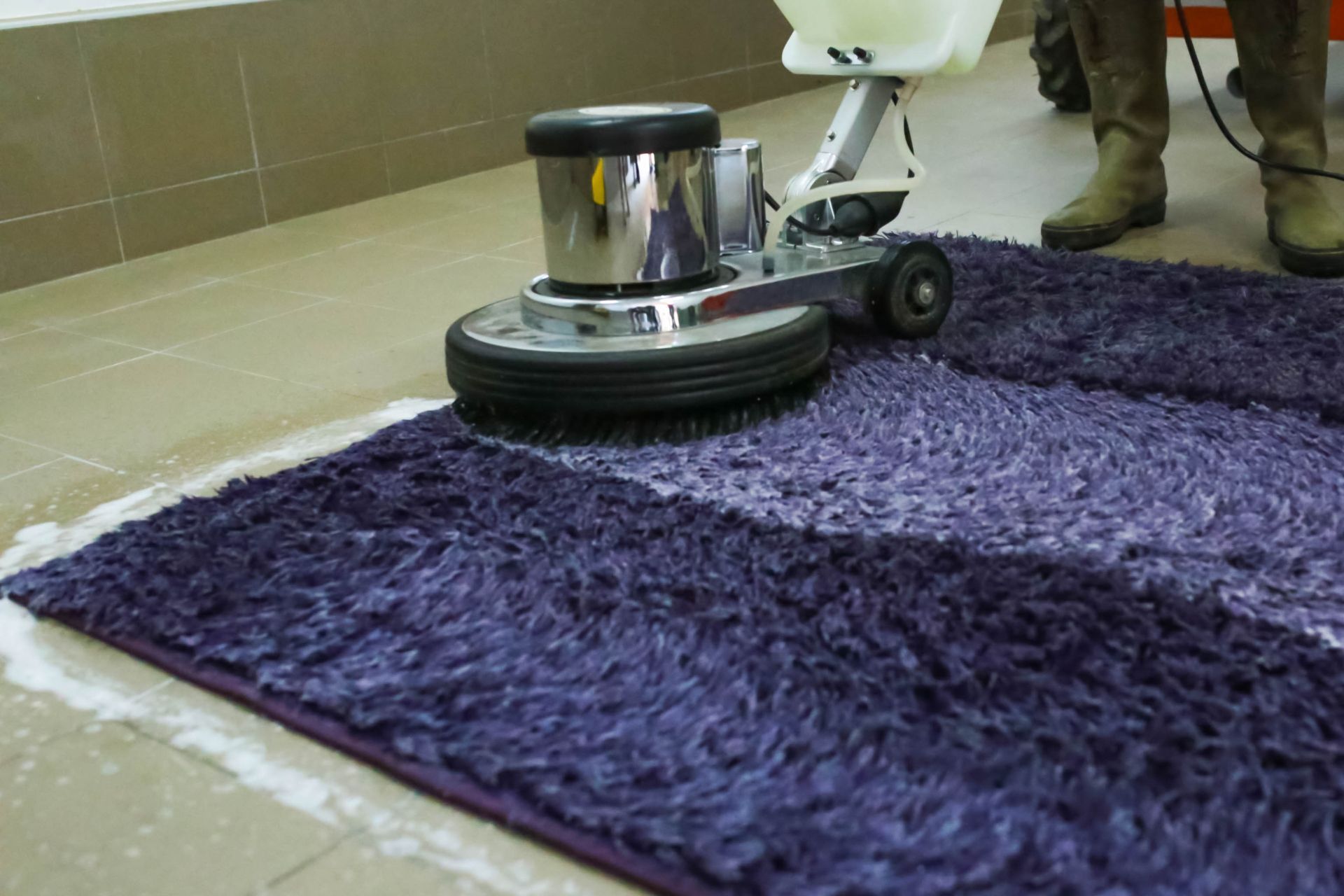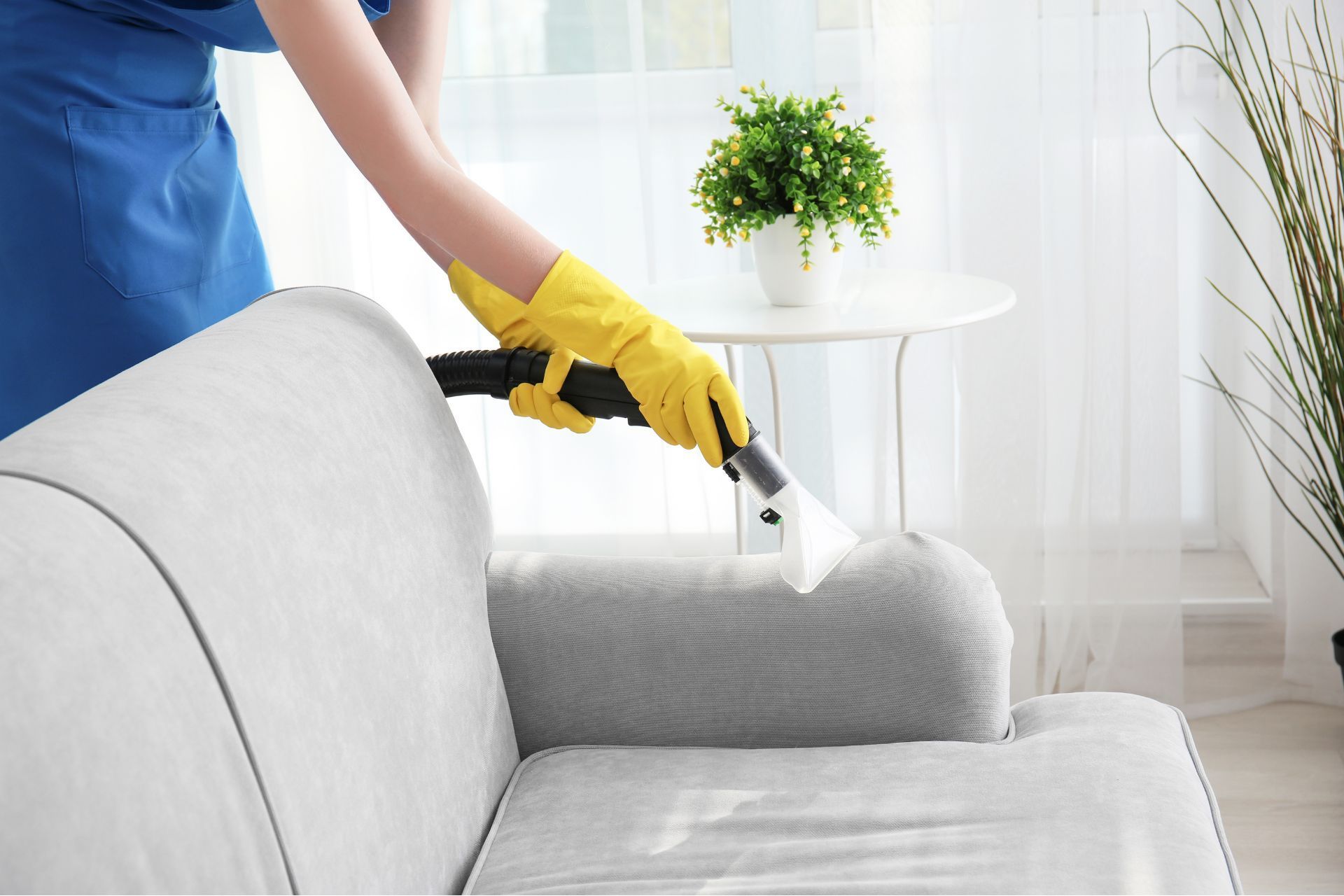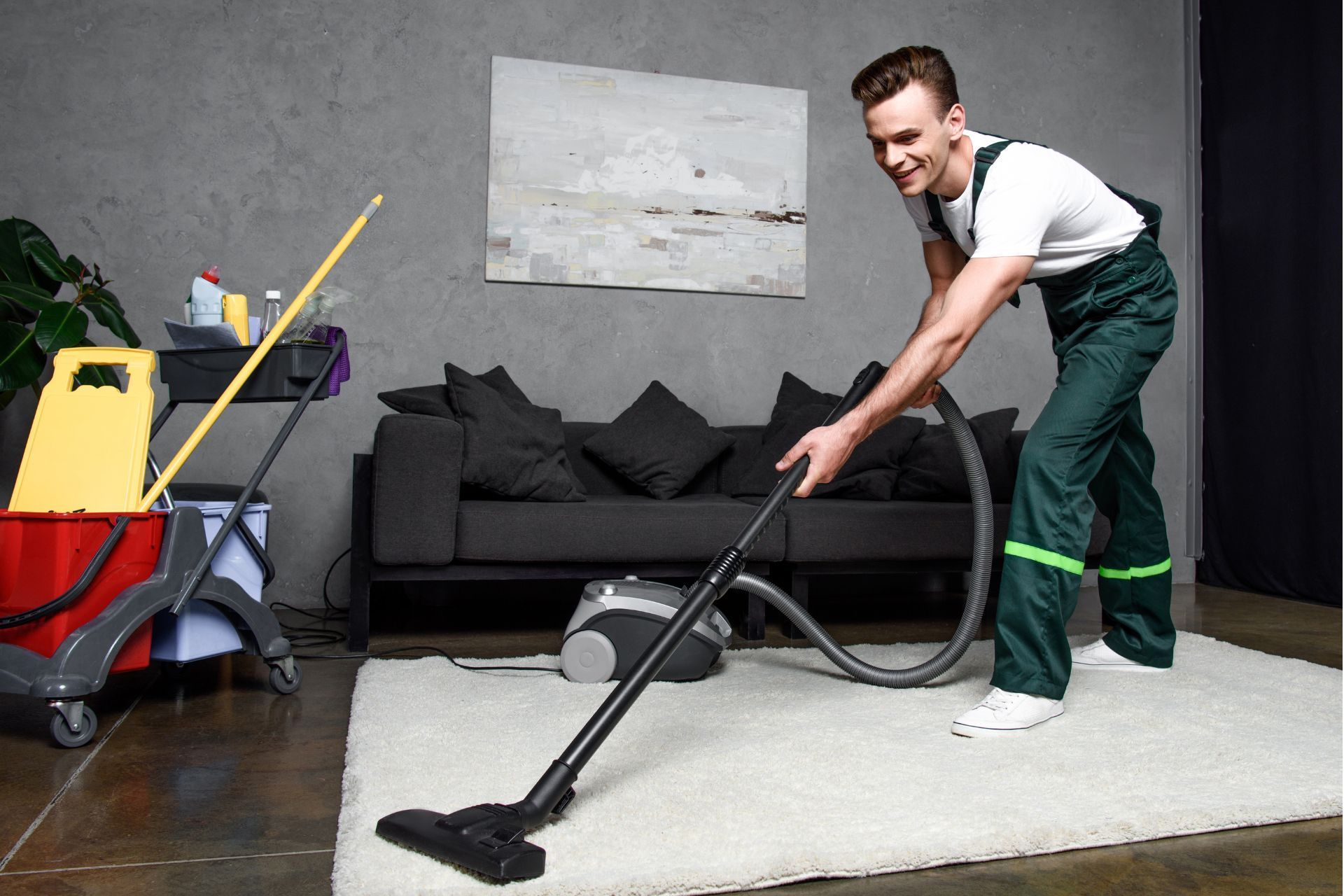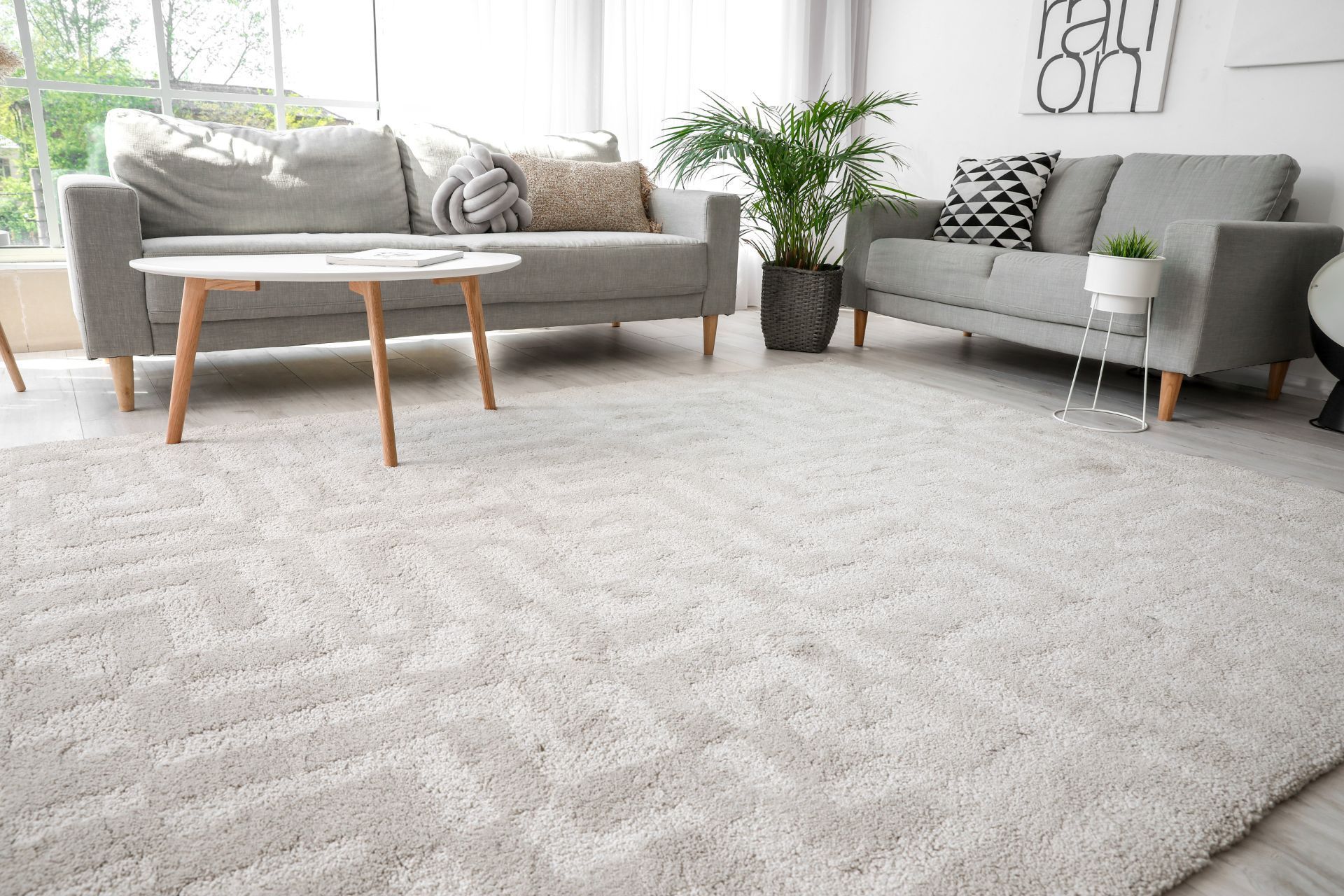Chemical free Upholstery Cleaner for Better Air Quality

When it comes to the air quality in your home, have you ever considered the impact your upholstery cleaner might have?
We all love a clean and fresh home, but many of the commercial cleaners we use to achieve this can actually harm our indoor air quality. Traditional upholstery cleaners often contain harsh chemicals that can release harmful toxins into the air, leading to respiratory issues and allergies. But fear not, there is a better, safer alternative - chemical free upholstery cleaners.
Discover the secrets behind a chemical-free upholstery cleaner that not only keeps your furniture looking pristine but also contributes to a healthier indoor environment.
Benefits of Using Chemical-Free Upholstery Cleaner
Chemical-free upholstery cleaning products have been gaining popularity in recent years as more people become aware of the potential harmful effects of traditional cleaning products. These eco-friendly alternatives offer a number of benefits that go beyond just keeping your furniture clean. Here are some of the top benefits of using chemical-free upholstery cleaners.
Healthier Indoor Air Quality - Traditional upholstery cleaners can emit harmful fumes and toxins that can linger in the air long after you have finished cleaning. Chemical-free cleaners, on the other hand, use natural ingredients that are not only safe for you and your family, but also help improve indoor air quality by reducing the amount of harmful chemicals present in your home.
Safer for Children and Pets - Children and pets are more susceptible to the effects of chemicals in cleaning products, as they tend to spend more time on furniture and are closer to the ground where these toxins can settle. By using chemical-free upholstery cleaners, you can create a safer environment for your loved ones without sacrificing cleanliness.
Environmentally Friendly - Chemical-free upholstery cleaners are made with natural, biodegradable ingredients that are gentle on the environment. Traditional cleaning products often contain harsh chemicals that can harm aquatic life and pollute our waterways. By choosing eco-friendly options, you can reduce your carbon footprint and help protect the planet for future generations.
Gentle on Upholstery - Chemical-free cleaners are typically gentler on upholstery fabrics, helping to preserve the color and texture of your furniture for longer. Harsh chemicals can break down fibers and cause colors to fade, leading to premature wear and tear on your upholstery. By choosing natural cleaners, you can extend the life of your furniture and keep it looking like new for years to come.
Allergen-Free - Many traditional cleaning products contain allergens and irritants that can exacerbate allergies and respiratory issues. Chemical-free cleaners are hypoallergenic and free from common allergens, making them a safer choice for those with sensitivities. By using natural ingredients, you can effectively clean your upholstery without triggering allergic reactions.
Natural Ingredients for DIY Cleaner
By incorporating natural ingredients into your DIY cleaner, you can create an effective and eco-friendly solution for cleaning your upholstery. Eco-friendly solutions not only benefit the environment but also contribute to better air quality in your home. When making your own upholstery cleaner, consider using non-toxic alternatives.
1. Vinegar: Vinegar is a powerful natural cleaner that can be used for a variety of household tasks. Its acidity makes it effective at cutting through grease and grime, making it great for cleaning countertops, sinks, and glass surfaces. Simply mix equal parts water and vinegar in a spray bottle and use it to clean your home.
2. Baking soda: Baking soda is another versatile ingredient that can be used for cleaning. Its abrasive nature makes it great for scrubbing surfaces like sinks, tubs, and stovetops. You can also use it to deodorize carpets and upholstery by sprinkling it on the surface, letting it sit for a few hours, and then vacuuming it up.
3. Lemon juice: Lemon juice is a natural disinfectant and deodorizer that can be used to clean and freshen up your home. You can mix lemon juice with water and vinegar to create a DIY all-purpose cleaner, or use it to remove stains and odors from cutting boards and countertops.
4. Essential oils: Essential oils not only add a pleasant scent to your DIY cleaner, but they also have antibacterial properties that can help sanitize surfaces in your home. Some popular essential oils for cleaning include tea tree oil, lavender oil, and peppermint oil. Just be sure to dilute them properly before using them on surfaces.
5. Castile soap: Castile soap is a gentle and biodegradable soap made from vegetable oils. It can be used to create all-purpose cleaners, dish soap, and laundry detergent. Simply mix it with water and essential oils for a natural and effective cleaning solution.
Tips for Maintaining Clean Air Quality
Poor air quality can lead to a range of health issues, such as respiratory problems, allergies, and an increased risk of cardiovascular disease. Fortunately, there are steps you can take to maintain clean air quality in your home or workplace. Here are some tips to help you breathe easier:
Keep your living space clean
Regularly dusting and vacuuming can help reduce the amount of dust and other particles in your home. Be sure to pay attention to hard-to-reach places, such as behind furniture and under beds.
Ventilate your home
Opening windows and using exhaust fans can help improve air circulation and reduce indoor air pollution. If you live in a highly polluted area, consider investing in an air purifier to help clean the air in your home.
Avoid smoking indoors
Smoking indoors can release harmful chemicals and toxins into the air. If you or someone in your household smokes, make an effort to smoke outside to prevent indoor air pollution.
Be mindful of indoor pollutants
Be aware of common indoor pollutants, such as mold, pet dander, and household cleaners. Take steps to minimize your exposure to these pollutants by keeping your home clean and well-ventilated.
Choose green cleaning products
Many household cleaners contain harmful chemicals that can negatively impact indoor air quality. Opt for environmentally-friendly, non-toxic cleaning products to reduce your exposure to harmful chemicals.
Maintain your HVAC system
Regular maintenance of your heating, ventilation, and air conditioning system can help improve air quality. Change air filters regularly and have your system inspected and cleaned by a professional on a regular basis.
Monitor outdoor air quality
Keep an eye on air quality alerts in your area and limit your time outdoors on days when air quality is poor. Consider using an air quality monitor in your home to keep track of indoor air quality levels.
Bring nature indoors
Indoor plants can help improve air quality by absorbing carbon dioxide and releasing oxygen. Consider adding some houseplants to your home to not only improve air quality but also add a touch of greenery to your space.
Count Yeti Clean Co In
Yeti Clean Co offers a range of products that are safe for both you and the environment. Their upholstery cleaner is made with natural ingredients that are tough on stains and grime, but gentle on your furniture. I've used their products on everything from my couch to my dining room chairs, and I've been consistently impressed with the results.
